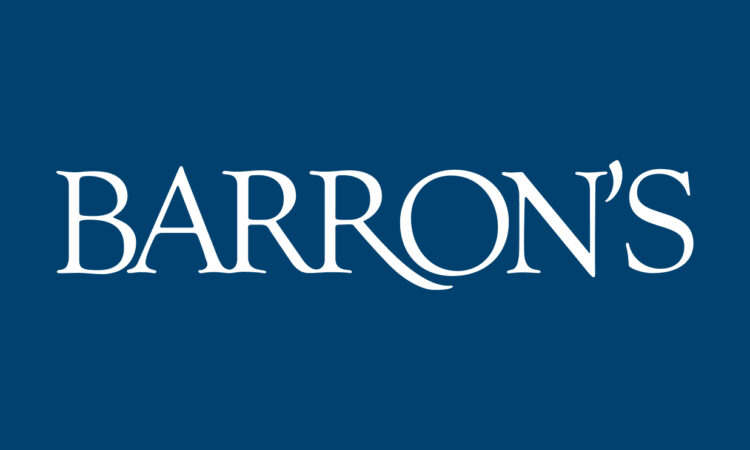
Britain said Monday it has trimmed its stake in NatWest to just under 30 percent, meaning it is no longer a controlling shareholder in the UK bank it rescued during the global financial crisis.
The government’s Treasury said it sold shares Friday to take its holding to about 29.8 percent, as part of a broader plan to fully return it to private hands.
That…
Britain said Monday it has trimmed its stake in NatWest to just under 30 percent, meaning it is no longer a controlling shareholder in the UK bank it rescued during the global financial crisis.
The government’s Treasury said it sold shares Friday to take its holding to about 29.8 percent, as part of a broader plan to fully return it to private hands.
That marked a slight reduction of just over one percentage point in its stake.
“Although the government remains the largest single shareholder in the bank it is no longer a controlling shareholder,” it added in a statement.
“This milestone represents clear progress on the government’s commitment to return NatWest to full private ownership, an objective that it intends to achieve by 2025-26.”
Advertisement – Scroll to Continue
UK watchdog the Financial Conduct Authority defines a controlling shareholder as an investor which holds at least 30 percent of the votes in a company.
NatWest was formerly known as Royal Bank of Scotland, the lender rescued following the 2008 global financial crisis with £45.5 billion of UK taxpayers’ cash — making it the world’s biggest banking bailout.
The government’s stake then stood at 82 percent but it has since been significantly reduced.
Advertisement – Scroll to Continue
It added on Monday that the government has raised approximately £5.8 billion from shedding its stake since it began its exit plan in August 2021.
UK finance minister Jeremy Hunt stated in his budget earlier this month that his Conservative administration will start selling off NatWest shares to retail investors this summer.
rfj/gv






